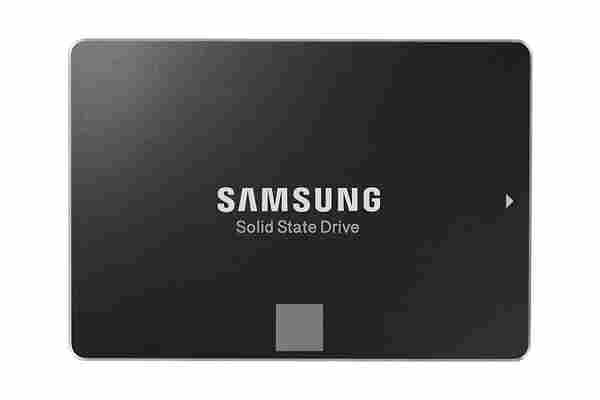No matter which device you use – computer, tablet, or phone – you’d be lost without its hard drive. This is the component that stores all your electronic data – from music to software – and without it, you’re left with a shiny, expensive brick.
While it’s true the cloud is changing how we store data, there are some drawbacks. For example, storage space is limited (unless you pay for more), your data is at risk from hackers, and without internet access, you’re locked out. So there’s still a big need to store data on your device.
Traditionally, this was done using a hard disk drive (HDD). A mechanical arm inside the HDD traces across stacked disk platters, reading and writing data using magnetism.
Now, a new type of storage is taking over: the solid state drive (SSD). An SSD has no moving parts, and stores data using electronic circuits. I f you’re due an upgrade, an SSD offers a number of big advantages over their older cousins. We’ve outlined the main ones below.

From: Amazon
1. SSDs are cooler
Because there are no moving parts, an SSD doesn’t generate as much heat as an HDD. This is particularly important if you work on lots of programs at the same time, or if you live somewhere that has a higher than usual ambient temperature (the sunny climes of Florida, for example), as it means your drive is less likely to overheat.
2. SSDs are quieter
Again, no moving parts means no more clicking and whirring from your computer or drive housing. You’ll probably still hear your fans going, but less frequently because of point one above.
3. SSDs last longer
According to this report , 4-10% of SSDs fail every four years. But 2-9% of HDDs fail every year . That makes SSDs a far more reliable choice for storing your photographs and other digitised memories.
4. SSDs are faster
SSD write speeds can reach up to 3,200 MB/s , while HDDs max out at around 160-250 MB/s. For most people, read/write speeds aren’t an issue, but if you’re doing heavy video editing or musical composition, an HDD might not be able to keep up. In that case, choose an SSD.

How to encrypt your hard drive and keep your folders and files safe
5. SSDs are tougher
No moving parts mean fewer things to break. There’s a reason your smartphone can stand a fair amount of abuse and still function – they use SSD storage (flash) for reliability.
6. SSDs aren’t affected by magnets
Because HDDs use magnetism to store data, a strong magnet placed on or very near the HDD could corrupt the data . Not a huge issue for most people, but get an SSD if you plan on placing it in a highly magnetized area.
7. SSDs use less power
An HDD needs the power to spin its many platters, but an SSD only for its internal circuitry. The result? An SSD draws substantially less electricity than an HDD. While this might not save you much money, it does make an SSD the more environmentally-friendly choice – especially when you multiply by the number of households storing data.
An SSD is one of the best storage technologies available, but it’s not perfect. To be truly safe, always back up your data in various ways – cloud, drives, physical media (like CDs for photos, for example).
